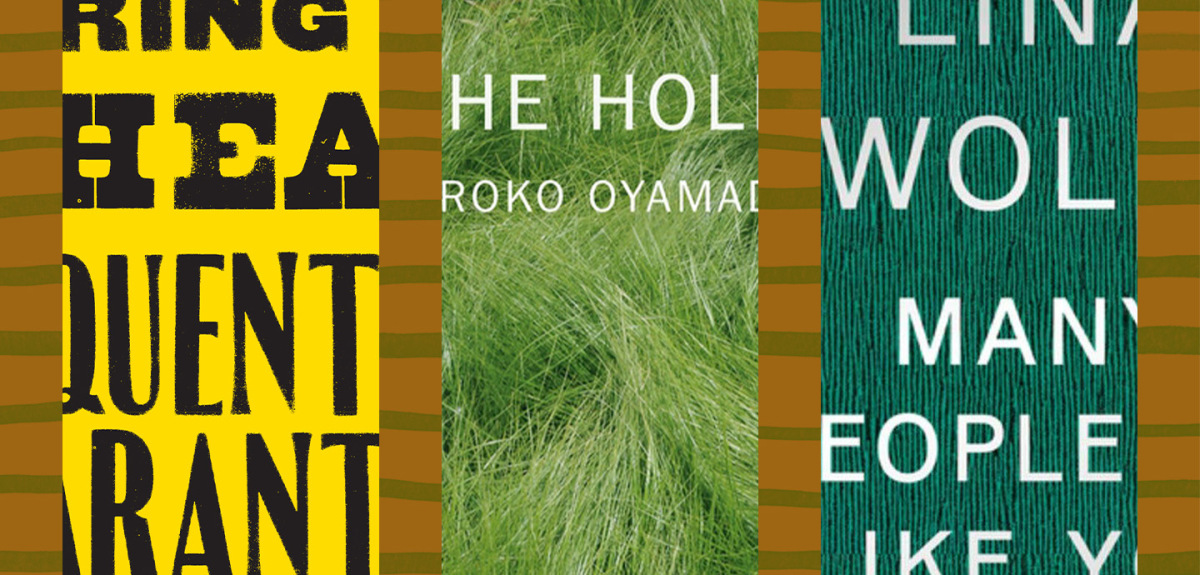[ad_1]
It has been a hectic year, to say the least. Without being able to regularly go into bookshops to browse the tables and staff picks, new releases in translation that may have become some of your favorites might have instead slipped under your radar. Hopefully, this list of a baker’s dozen books will help.
In an effort to shine a light on books you may have missed, none of the books shortlisted for major prizes like the Booker International or the National Book Award are present here, nor is the latest Elena Ferrante. Though of course those books are wonderful, so too are these:

A provocative collection of short stories that dive deep into the violence of their characters’ world, whether that violence be personal, political, or, ultimately, both. Herbert’s linguistic performance in these stories will not disappoint those looking for gleefully explosive experimentation.

After last year’s Will and Testament, Verso has delivered another wonderfully meditative novel from Vigdis Hjorth, who turns her gaze from familial secrets to the inner mechanisms of the postal workers union, fighting for survival against an uncaring capitalist bureaucracy.

A collection of essays focusing on Mexico’s systemic violence, especially along the US–Mexico border, toward a critique of neoliberal politics and the ultimate political value of art and grief.

The Suspended Vocation
by Pierre Klossowski
Translated from the French by Jeremy M. Davies and Anna Fitzgerald
Small Press
A gleefully meta modernist book, a gem of postwar literature, written as a scathing monograph on a fictional novel itself titled The Suspended Vocation; occasionally a philosophical look at what the role of the author is in their stories, and at other times a feverishly religious spy thriller.

The first and third parts of a triptych that was published first in English by Dorothy in 2016 with Suite for Barbara Loden, Léger’s triptych dances across the supposed boundaries between essay, memoir, and fiction as Leger dives into the archives of her subjects. In these cases, the Countess of Castiglione, the most photographed woman in history, and Pippa Bacca, a performance artist murdered in her wedding dress while trying to save the world—as well as the archives of her own life with her mother. Read our review.

Igifu
by Scholastique Mukasonga
Translated from the French by Jordan Stump
Archipelago
Mukasonga’s autobiographical short stories about Rwanda plunge the depths of memory and grief, but also love and hope.

A dreamlike (or nightmarish) psychological drama from a prolific French voice emerging in English as a master of literary horrors: “What at first appears to be a Kafkaesque fable about insiders and outsiders quickly morphs into a metaphysical horror story about the bonds between the living and the dead.” Read our review.

The Hole
by Hiroko Oyamada
Translated from the Japanese by David Boyd
New Directions
A follow-up to last year’s break-out hit The Factory, The Hole continues down Oyamada’s rabbit hole of deeply unsettling fiction: at turns mundane, fantastic, and never stable.

São Bernardo
by Graciliano Ramos
Translated from the Portuguese by Padma Viswanathan
NYRB
A darkly funny story of a man who claws his way to power, then reaps exactly what he sowed through his policy of ruthless exploitation and acquisition. A timely story, even a century after its original publication.

Yi Sang: Selected Works
Translated from the Korean by Jack Jung, Don Mee Choi, Sawako Nakayasu, and Joyelle McSweeney
Wave Books
A work of highwire avant-garde experimentation, written through a modernist poetic during Korea’s colonial period, Yi Sang’s poems manage to be political acts that do not succumb to mere political statement, but involvement and explosion, in a book that—for a poet who died young in 1938—complicates the very notions of death, haunting, and revival.

One of South Korea’s most influential poets, Choi Seungja delivers poems in the shape of political brimstone aimed at dictatorial politics and capitalist hedonism.

Rough Song
by Blanca Varela
Translated from the Spanish by Carlos Lara
Song Cave
The first collection of this great poet’s to be published in English, Rough Song delivers poems that will delight and surprise through careful linguistic precision, where what at first looks simple betrays the depths of worlds.

An acerbic collection of stories from a voice to be reckoned with: Wolff examines the everyday lives of her characters with a scalpel to see what happens when we pull the rug from under ourselves.
[ad_2]
Source link
